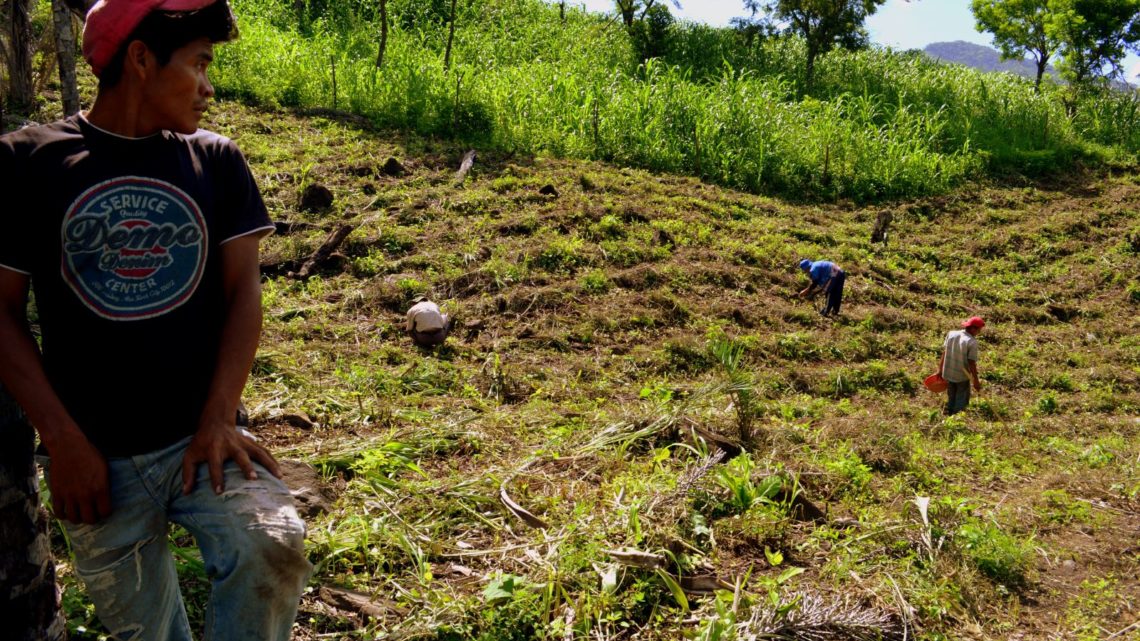The United Nations Organization for Food and Agriculture (FAO) reported an improvement in rural youth employment figures throughout Latin American rural areas over recent decades.
However, for most youths, jobs are more precarious, they earn lower wages and fewer are registered with the social security when compared with adults. The study, titled Youth and Decent Employment in Latin America, explains that this trend is due to a significant decline in the employment of children; a 20 per cent fall over the last decade of young people working in the agricultural sector, and a similar increase in the number of people dedicated to non-agricultural rural activities.
According to the paper, the increase in formal paid employment has resulted in a class of young people with improved social coverage, higher incomes and better working conditions in general than the bulk of the rural population. However, in spite of this relative progress, the paper also acknowledges that fewer than half of young people have decent jobs from the point of view of wages and that most work too many hours.
This is due – according to the paper – to the fact that for the same type of work, most country youths work in worse conditions than older people. Their jobs involve greater risks, they are more precarious, they earn lower wagers and fewer are registered with the social security services.
According to Martin Dirven, in charge of the paper, the data in many Latin American countries show that an overwhelming majority of rural youths are still far from having decent jobs. Currently, almost 40 million young people aged 15 to 29 live in rural areas in the 20 countries that make up this region. Of these, most – 11.9 million – are unemployed; almost 9.6 million work in the agricultural sector and 8.2 million perform non-agricultural activities.
The paper also reveals that most unemployed youths are women. A significant proportion of young people in rural areas neither study nor work, which also affects their careers and their potential to be covered by social security services.














